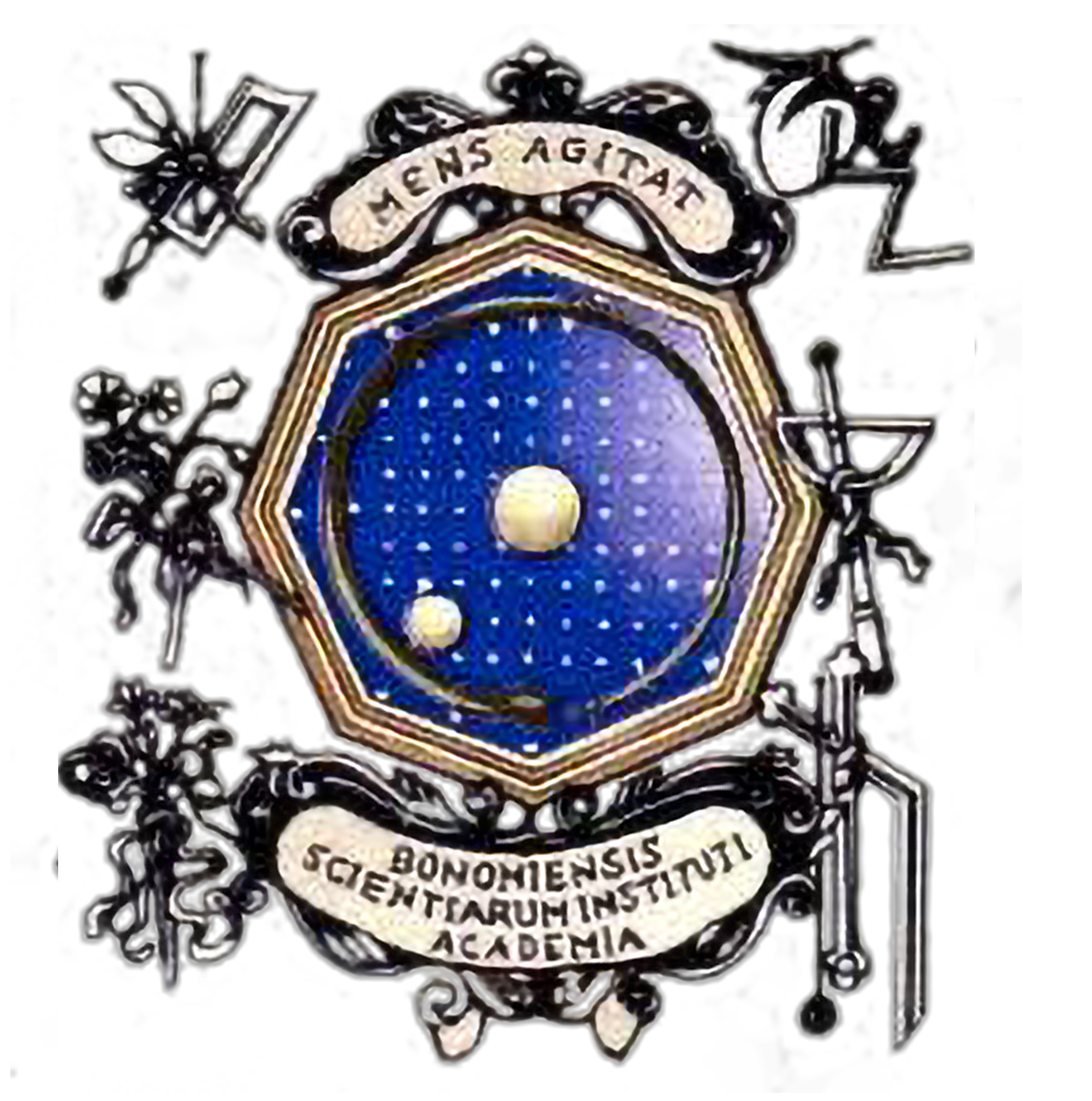Introduzione
L’Accademia della Scienze di Bologna, grazie all’iniziativa e alla determinazione del suo Presidente, il Prof. Luigi Bolondi, riaccende la sua attività editoriale di resoconti annuali, interrotta molti anni fa come descritto nella Prefazione. La rilevanza di questa operazione non abbisogna di spiegazioni ma può essere utile fare un inquadramento generale.
Questa antica istituzione con la sua prestigiosissima storia ha tra i suoi compiti primari quello di promuovere il dialogo scientifico ai più alti livelli tra i diversi settori della conoscenza umana, di trarre delle sintesi e condividerle con la società. Mai come oggi questo compito si è reso necessario. Da un lato la proliferazione delle specializzazioni accademiche che lascia poco spazio ai contatti tra discipline diverse, da un altro la dissoluzione della formazione di base nella società, da un altro ancora l’avvento di una moltitudine di tecnologie sempre più pervasive ma fondamentalmente sconosciute al cittadino che stanno cambiando la comunicazione orizzontale e verticale tra noi. Tutto questo ha reso le sintesi di informazione scientifiche sempre più rare e quei rari casi sempre più preziosi. Alla Scienza come impresa umana collettiva, come memoria storica, come strumento per leggere il presente e prepararci al futuro, serve anche un supporto scritto che sia il più possibile adatto ai tempi che viviamo. Sappiamo che la rete, uno strumento complesso che sta rivoluzionando persino il nostro tessuto sociale, contiene fonti raffinatissime annegate in un oceano di disinformazione che mette in pericolo la cultura e, spesso, persino la vita delle persone. Sappiamo anche che oscurare selettivamente le fonti inattendibili non solo è impossibile ma rischia di essere controproducente e fortemente polarizzante. L’informazione scientifica va trattata con lo stesso rispetto e attenzione con cui trattiamo l’acqua potabile perché come quella è sia rara che essenziale alla nostra sopravvivenza. Non possiamo pretendere che tutta l’acqua intorno a noi sia potabile, conviene invece identificare e talvolta costruire alcune fonti sicure e facilmente accessibili.
Questo progetto nasce quindi nell’ottica di contribuire a questo compito, di fornire una sede in cui il lettore interessato potrà trovare alcune delle risposte che cerca su una selezione di temi scientifici di interesse pubblico.
Guidati dal Presidente, insieme al Sodale Prof. Antonio Panaino, che si prenderà cura dei volumi per la classe di scienze morali paralleli e interconnessi a quelli della classe di scienze fisiche che curerò io, abbiamo pensato a una struttura snella con presenza sia cartacea che in rete con l’opzione quanto mai utile di open access. Gli interventi nei volumi della classe di scienze, in inglese e italiano, saranno regolati in modo simile a quelli delle riviste analoghe nelle principali accademie internazionali.
Un ringraziamento quindi al Presidente per la fiducia che mi mostra assegnandomi questo compito, allo straordinario gruppo di Sodali che compone l’Editorial Board che verrà progressivamente ampliato, alla Sig.ra Angela Oleandri per essere la colonna portante di questa impresa con il suo lavoro di supporto attentissimo e sincrono, infine alla casa Editrice BUP e in particolare al direttore il Dott. Stefano Melloni col suo staff d’eccezione, per aver da subito incoraggiato l’iniziativa e aver fornito una guida di altissima professionalità nell’ambiente dell’editoria.
The Academy of Sciences of Bologna, thanks to the initiative and determination of its President, Prof. Luigi Bolondi, is reopening its editorial activity of annual reports, interrupted many years ago as described in the Preface. The relevance of this operation does not require further explanation, but some general considerations may be useful.
This ancient institution with its very prestigious history has among its primary tasks that of promoting scientific dialogue at the highest levels between the different sectors of human knowledge, of drawing syntheses and sharing them with society. Never before has this task been necessary as today. On the one hand, the proliferation of academic specializations which leaves little space for contacts between different disciplines, on the other, the dissolution of basic education in society, on yet another, the advent of a multitude of increasingly pervasive technologies but fundamentally unknown to the users that are changing the horizontal and vertical communication among us. All this has made syntheses of scientific information increasingly rare and those rare cases more and more precious. Science as a collective human enterprise, as historical memory, as a tool for reading the present and preparing for the future, needs also a functional written support that has to be as suitable as possible to the times we live in. We know that the internet, a complex tool that is revolutionizing even our social fabric, contains highly refined sources drowned in an ocean of misinformation that endangers culture and, often, even
people’s lives. We also know that selectively obscuring unreliable sources is not only impossible but risks being counterproductive and highly polarizing. Scientific information must be treated with the same respect and attention with which we treat drinking water because, like that, it is both rare and essential to our survival. We cannot expect all the water around us to be drinkable, instead it is better to identify and sometimes build some safe and easily accessible sources.
This project was therefore born with the idea of providing a contribution to this task by building a venue in which the interested reader will be able to find some of the answers he is looking for on a selection of scientific topics of public interest.
Led by the President, together with the Academy Member Prof. Antonio Panaino, who will take care of the section dedicated to the moral sciences class, parallel and interconnected to that of the physical sciences class which I will take care of, we have thought of an agile
structure with both paper and online presence with the very useful option of open access. The contributions in the volumes relative to the class of physical sciences, written in English or Italian, will be regulated in a similar way to those of analogous journals of the main international academies.
Thanks therefore to the President for the trust he placed in me by assigning me this task, to the extraordinary group of Academy Members who make up the Editorial Board which will be progressively expanded, to Mrs. Angela Oleandri for being the backbone of this project with her work of very attentive and synchronous support, finally to the BUP publishing house and in particular to the director Dr. Stefano Melloni with his exceptional staff, for having immediately encouraged the initiative and provided extremely professional guidance in the publishing environment.
Pierluigi Contucci
Professore di Fisica Matematica / Professor of Mathematical Physics,
Alma Mater Studiorum – Università di Bologna
Editor in Chief,
Annales. Proceedings of the Academy of Science of Bologna,
Class of Physical Sciences


